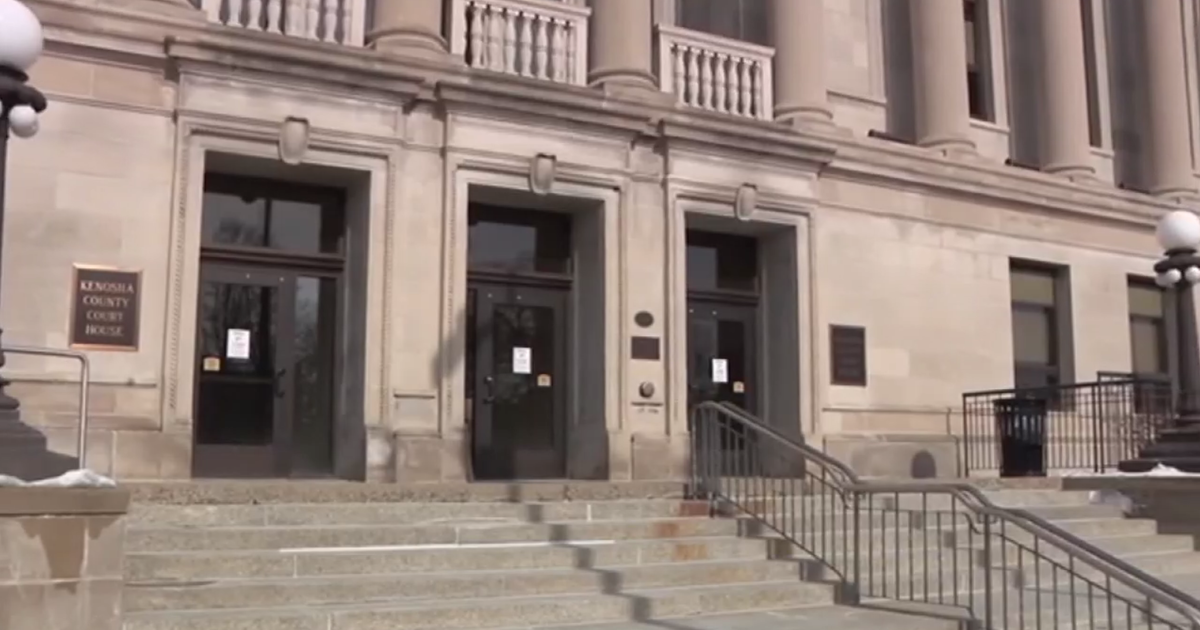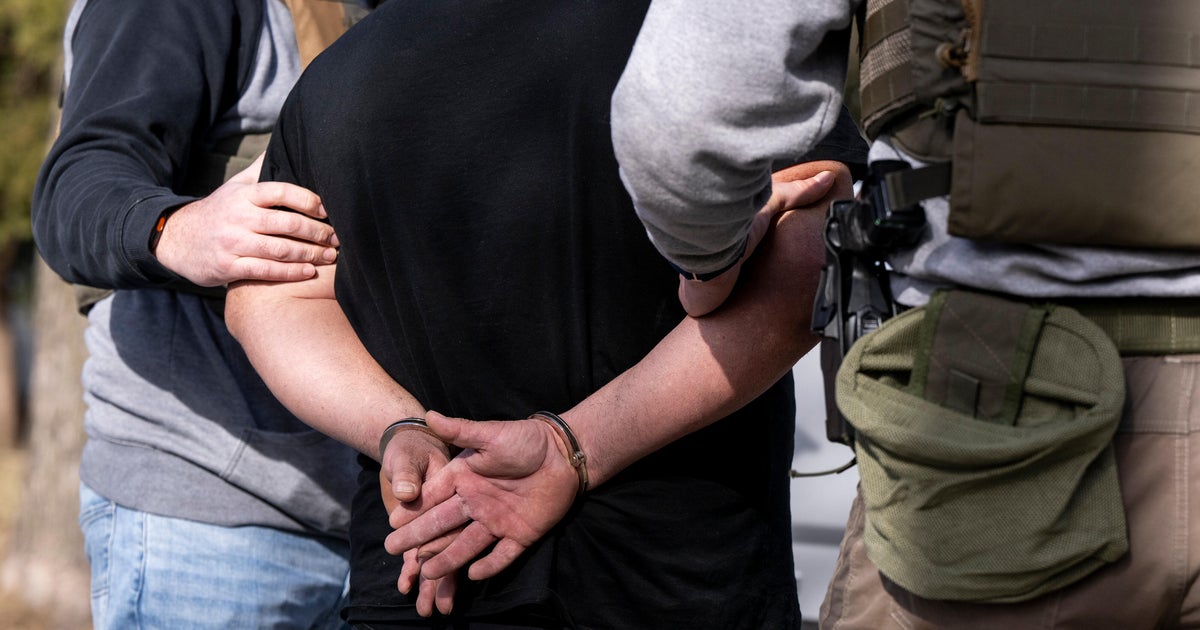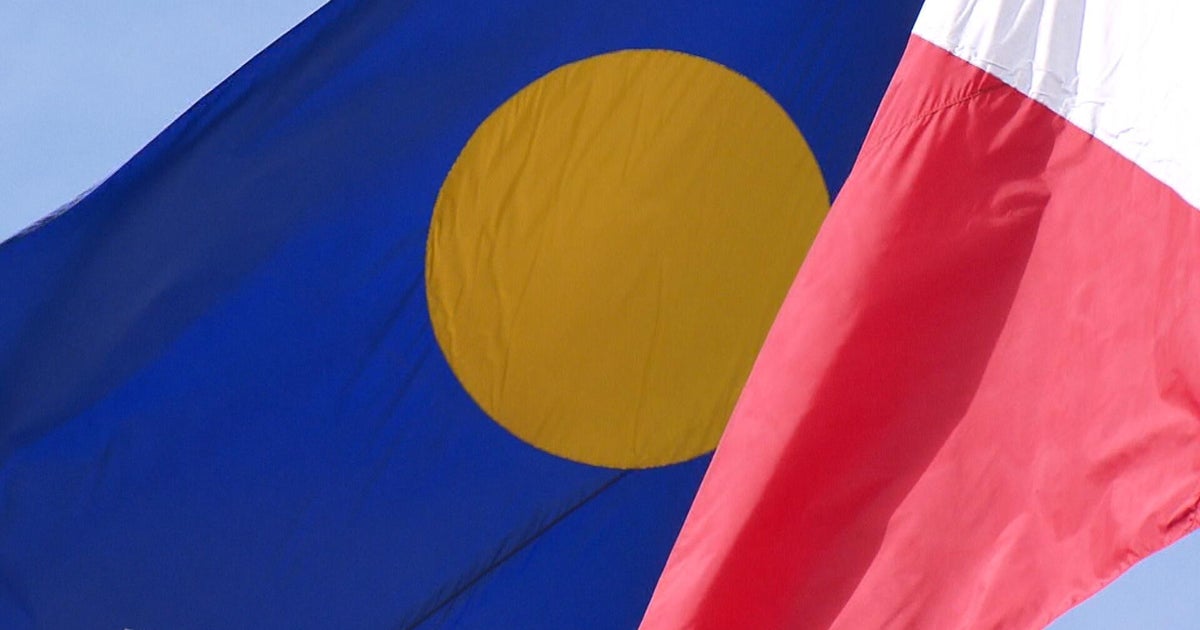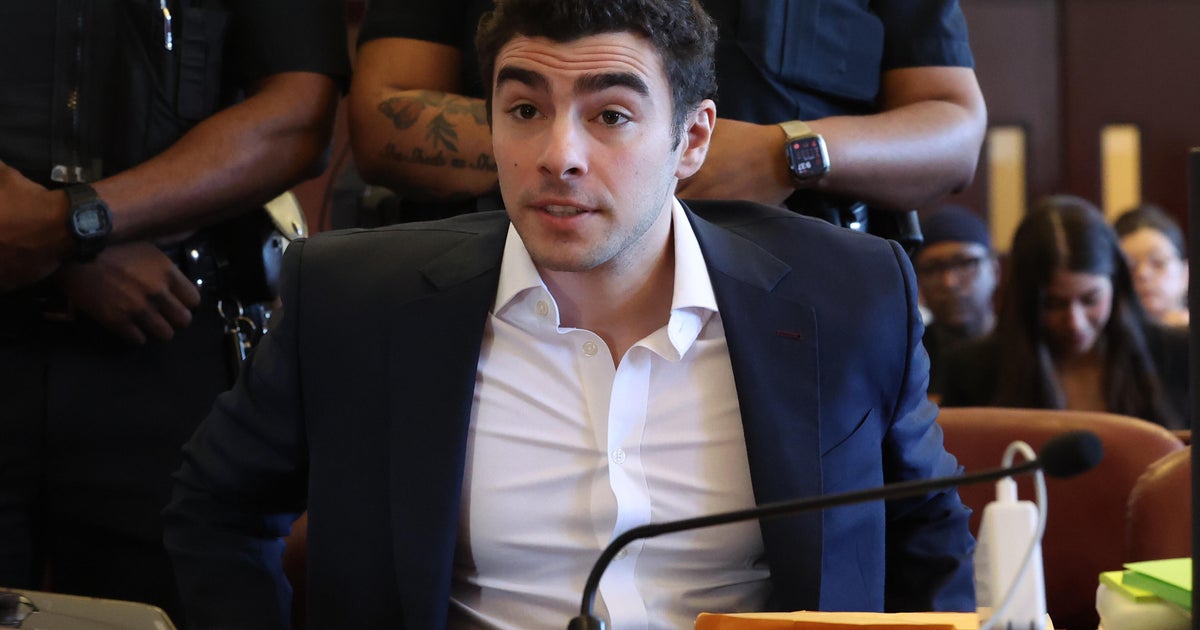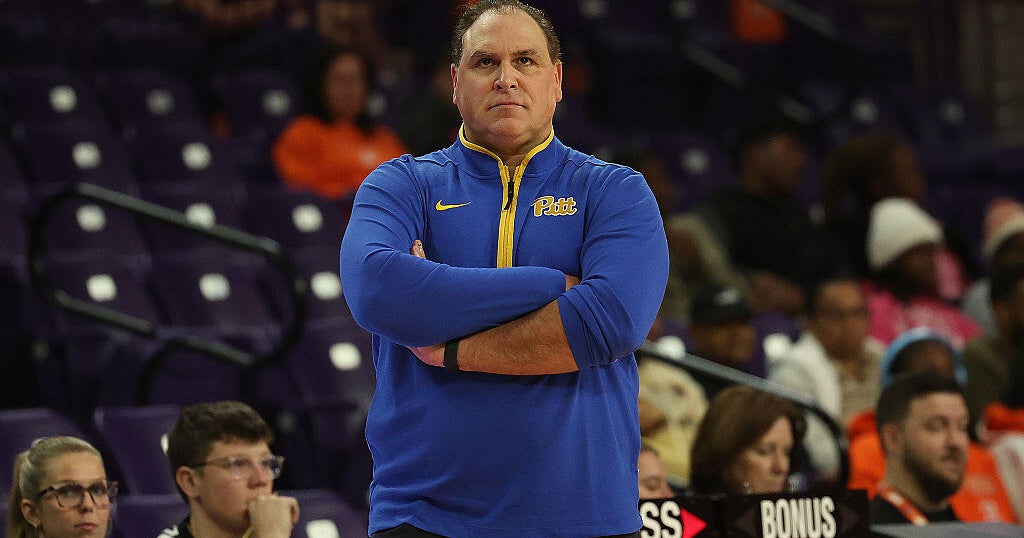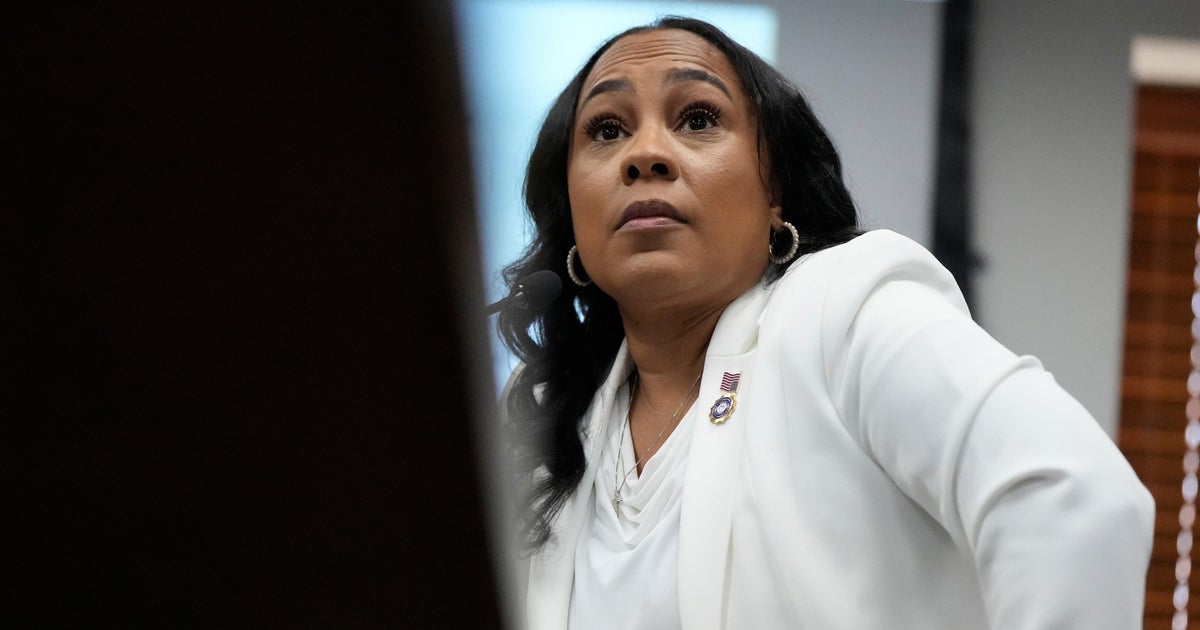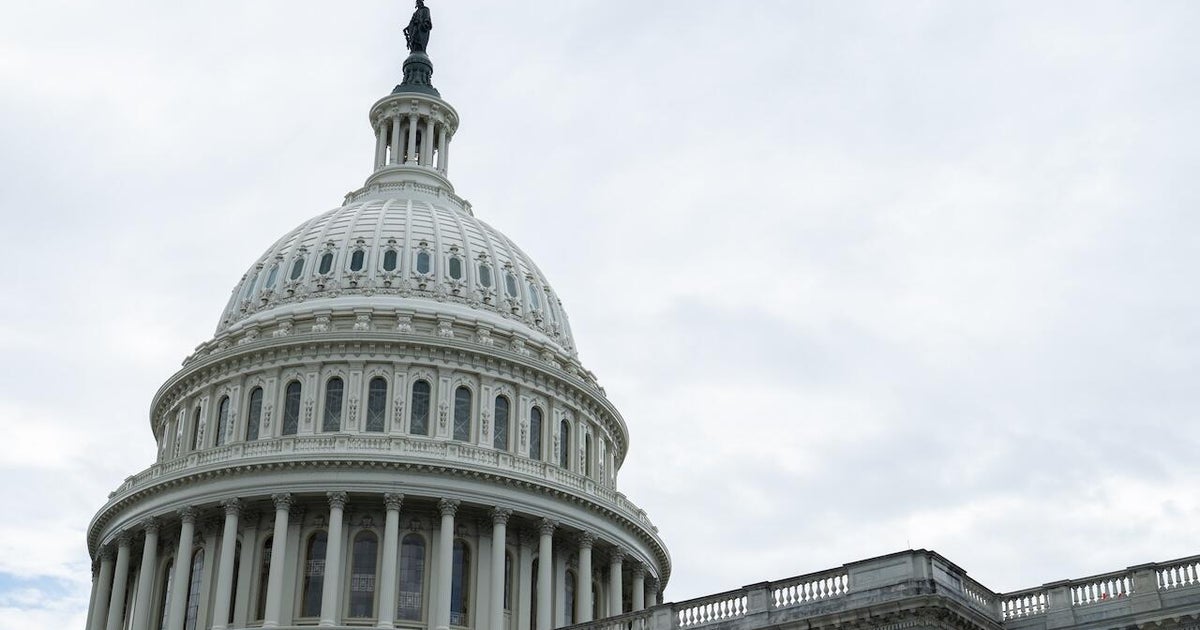NFL Asks Judge To Keep Lockout In Place
NFL claims that there are no legal grounds to remove the current lockout, and on Monday that's the case they brought before a federal judge.
The NFL also accused the players of trying to manipulate the law with a bogus antitrust lawsuit.
The league filed its arguments in federal court in St. Paul, Minn., where U.S. District Judge Susan Richard Nelson has scheduled an April 6 hearing on the players' request to stop the lockout. The injunction request was filed the same day as an antitrust lawsuit by Tom Brady, Drew Brees and seven other current NFL players against the league on March 11.
The NFL said any decision on a lockout must wait until the National Labor Relations Board rules on an unfair labor practice charge against the now-dissolved players' union that contends the players "failed to confer in good faith." That charge was filed Feb. 14 and amended on March 11 to include reference to the union's decertification.
The NLRB said the case is still under investigation and had no further comment.
The legal salvo is just the latest in the fight between the league and players. The antitrust suit was filed the day the union dissolved, the collective bargaining talks broke down and the NFL owners locked out the players after the two sides failed to forge a new CBA.
In arguing that Congress has barred judges from halting lockouts, the league cited the Norris-LaGuardia Act - Depression-era legislation passed with the intent of limiting employers' ability to crack down on unions, including their ability to seek court orders halting strikes. The NFL contends the law also protects an employer's right to impose a lockout in a labor dispute.
Gregg Levy and other NFL attorneys also argue that the union's "tactical and unilateral" maneuver to "instantaneously oust" federal labor law was illegal, and that the decertification proved the players did not want to negotiate in good faith.
The 57-page filing was filled with references and quotes from players, accusing them and the NFLPA of disbanding whenever it served their purposes at the bargaining table.
"We decertified so that we could fight them from locking us out and go back to work," Jeff Saturday, the NFLPA vice president, said in a radio interview the day after the March 11 decertification, according to the court filing. "And we feel like ... we can still negotiate this anytime you want."
According to the filing, NFLPA president Kevin Mawae said in a Sept. 29 interview that decertification was an "ace in our sleeve" that worked in the late 1980s in favor of the players.
"It's been a part of the union strategy since I've been in the league," Mawae said.
The league also cited comments from Baltimore Ravens receiver Derrick Mason nine days before the union dissolved.
"So are we a union? Per se, no. But we're still going to act as if we are one," Mason, an NFLPA player representative, said on March 2, according to the court filing.
The NFL said the players are unable to argue that they will suffer "irreparable harm" by the lockout, certainly when compared with the "hardships" facing the NFL, and that public is better served when the courts stay out of labor disputes.
The league accused the union of a "heads I win, tails you lose" strategy, claiming the players want the league subject to antitrust claims "if it ceases or refuses to continue football operations, and it is subject to antitrust liability if it does not."
Copyright 2010 by STATS LLC and The Associated Press. STATS LLC and The Associated Press contributed to this article. Any commercial use or distribution without the express written consent of STATS LLC and The Associated Press is strictly prohibited.
